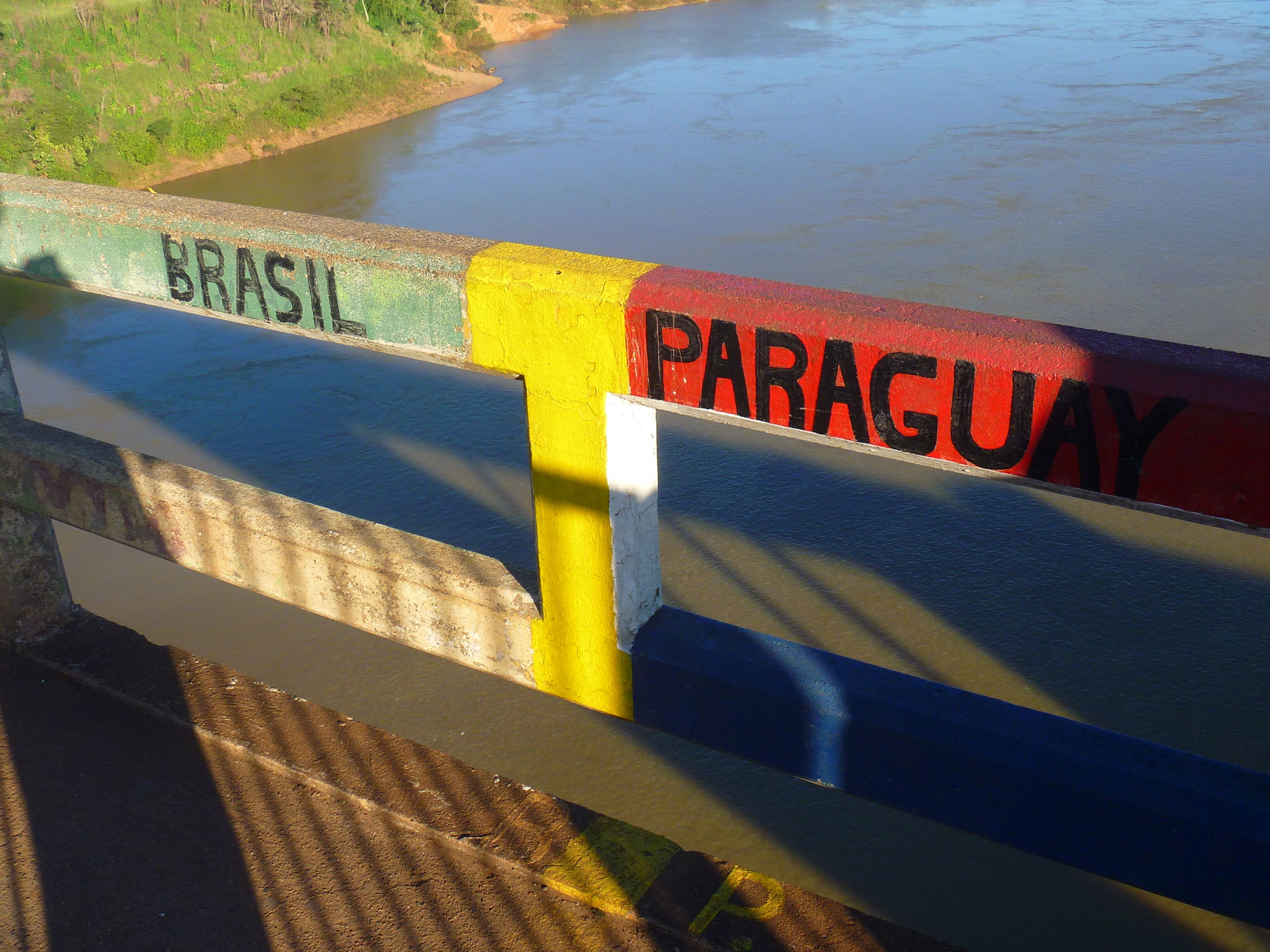RIO DE JANEIRO, BRAZIL – President Jair Bolsonaro announced on Thursday, October 15th, the reopening of Brazil’s land borders with Paraguay, closed until now as a result of the coronavirus pandemic.
According to the Ministry of Foreign Affairs, the borders between Foz do Iguaçu (PR) and Ciudad del Este; Ponta Porã (MS) and Pedro Juan Caballero; and Mundo Novo (MS) and Saltos del Guaira will be reopened.

Bolsonaro published a picture on social media with the president of the neighboring country, Mario Abdo Benítez, along with an excerpt from the ordinance that determined the reopening of the border posts, published in a special edition of the Federal Gazette on Wednesday, October 14th.
In a joint statement, the governments of Brazil and Paraguay highlighted “the importance of reactivating border trade, especially for the preservation of jobs.” Both countries committed to employ health protocols to prevent the spread of Covid-19.
The reopening of borders with Paraguay is a measure that had been under negotiation for months with Asunción. With a poorly structured healthcare system and limited resources, Paraguayans were resisting reopening, fearing the spread of the pandemic from Brazil and the risk of importing the virus into their territory.
A first step had already been taken recently when Brazil and Paraguay signed a protocol to allow Brazilians who made online purchases to cross the border and pick up their products on the Paraguayan side, at sanitary checkpoints established by the neighboring country’s authorities.
This step was taken to mitigate the impact of the pandemic on towns like Ciudad del Este, which has its economy based on cross-border trade. The ordinance published on Wednesday maintains the prohibition of foreigners from entering Brazil by road, other terrestrial means or by water transports for another 30 days, but opens an exception for people coming from Paraguay.
“The restrictions covered by this ordinance do not prevent the entry of foreigners into the country by land, between the Federative Republic of Brazil and the Republic of Paraguay, provided that the immigration requirements appropriate to their condition are met, namely holding an entry visa, when this is required by the Brazilian legal system,” says the rule.
The entry of foreigners through airports was gradually released between July and September, when the government authorized the entry of non-Brazilians in all airports in the country.
In addition to people coming from Paraguay, Wednesday’s ordinance includes other exceptions that existed in earlier rules. The entry of foreigners residing in Brazil or married to Brazilian citizens, as well as diplomats and professionals who are transporting cargo is allowed, for instance.
The Bolsonaro government also allows border traffic in the so-called twin cities – when two municipalities in different countries make up the same population center -, as long as residence is evidenced and that the neighboring country provides similar conditions to Brazilians.
In practice, this exception allows both Uruguayans and Bolivians living on the border with Brazil to travel and shop in cities on the Brazilian side, as these neighboring countries allow likewise in their side of the border.
In border cities with Argentina this is no longer possible, as Buenos Aires does not authorize this kind of traffic in its twin cities with Brazil.
The exceptions allowing land travel between borders are not applicable to Venezuela, a country undergoing a humanitarian crisis whose official government, under Nicolás Maduro, is not recognized by Brazil.
However, the ordinance points out that the closing of land borders does not prevent humanitarian efforts, provided they are authorized by local health authorities.
Source: Folhapress

